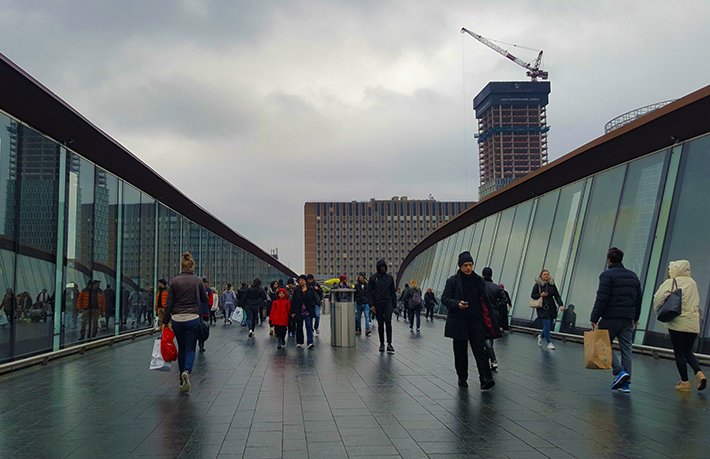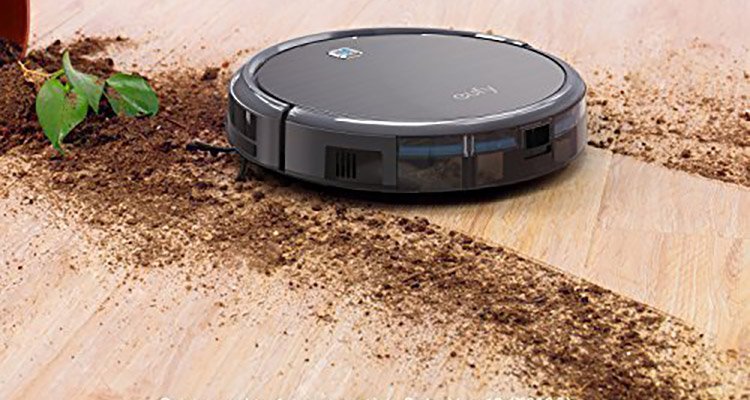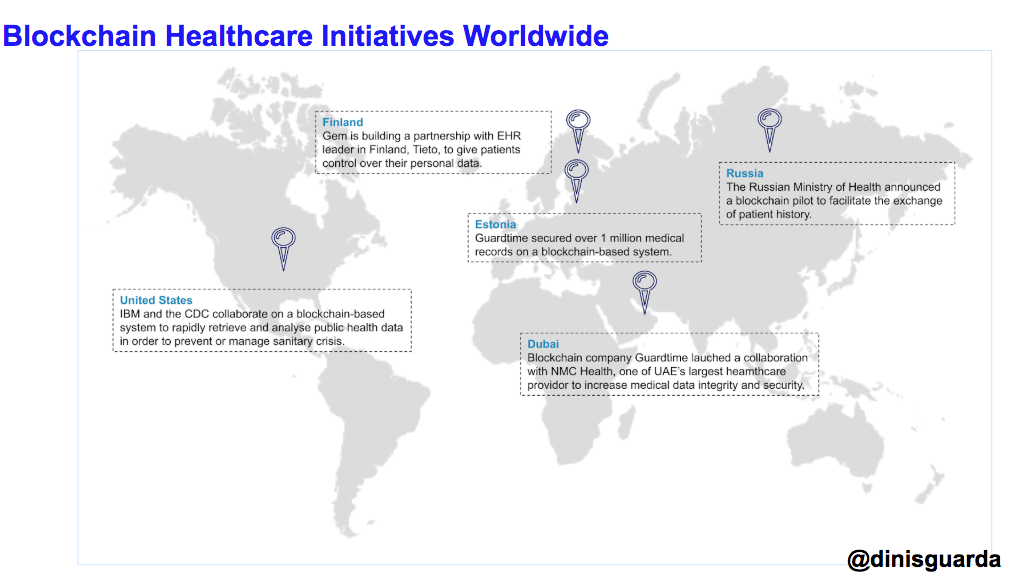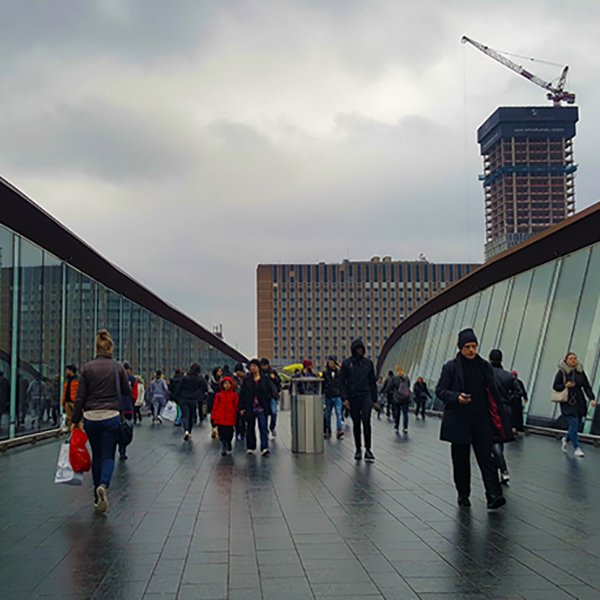
Blockchain and AI, particularly machine learning, are two quite recent revolutionary technologies that are being adopted by Governments and Businesses in all sorts of ways. In a series of articles (in 4 parts) I reflect in what ways these technologies have the potential to impact the lives of ordinary citizens.
A dissection of the activities of a human being as far as living is concerned will show that there are routine stuff that we engage in as far as life is concerned, and then there are special events that only occur a few times in a lifetime. For instance, eating, making payments, and transportation are things that adult citizens tend to do every day, and these can be classified as routine activities. Then there are other things that a citizen will do such as voting, leisure activities such as taking a vacation, taking a course, or buying a new car. These are activities that are not routine in nature. People will only get married once or a few times in their lifetime. An individual may buy up to three or four cars in a lifetime, and these will not all be the same brand. But we find that whether activities of life are routine, occasional or special, AI and the blockchain might impact all these in some way.
A typical day of routine activity for a citizen begins with waking up, personal hygiene, perhaps some exercise, household chores, a commute to the workplace or business location, work, returning home, and interacting with family members and other human beings. Meals will be taken and will be paid for, either by eating out or by buying food items for cooking. Some form of payment will have to be made for this. These activities all provide avenues for intervention by AI and the blockchain. Ultimately that intervention should bring any sort of improvement in the routine activities of that individual, for example, by saving him up some of the time he dedicates to such activities.
The main potential of AI and the blockchain is how it saves up on the time we allocate to daily routines. For instance, AI-driven robots are being developed to function as domestic workers, and that has been going on for a long time. We don’t even think about it, but when our smartphones wake us up, or send us an automatic notification of an upcoming meeting, we are being helped, in our daily lives, by automation. Having the help of an automated helper to do household chores such as cooking, cleaning and washing maybe seem to belong to the imaginary realm, but actually that is not the case. These exist already. Lets look at the example of the Robotic vacuum cleaner. With a robovac, which has intelligent programming, you save time cleaning your flat as your robovac does that for you. Automated robots with some sort of intelligence, are surrounding us just this minute, even though we don’t recognise them as automated “intelligent” helpers. We take these for granted! With our minds always a bit into the future, we are already anticipating the next innovation.

Then for those who have to commute to their business or work locations, they will probably have to use some sort of transportation, and again in the developed word, there are already in place AI-driven buses and trains. In Copenhagen, if you use the Metro, you will be transported by one of their 34 driverless electric multiple units. These were built by AnsaldoBreda, a company that is working with driverless technology for the rail. A few decades ago, who would venture to step into a train without a driver ? Driverless trains are now a widespread reality in the developed world, and in a few decades, we will probably live in smart cities where we can, while working from home, send our AI-driven car to drop off our kids at school.
So to summarize, routine life for citizens in developed countries, will be affected physically, mentally, emotionally, financially and spiritually in the near future, in the following ways:
- Without the need to do much physical work at home, citizens could save time and channel this time into other productive activities. It will also be possible for an individual to have a better organized day. This will be as a result of having a virtual assistant in the form of an AI-driven robot performing complex house chores and organizing tasks.
- Self-driving cars are meant to be safer, respond better to unexpected traffic situations and remove the potential dangers that come with a human driver carrying negative emotions such as anger. This has the potential of reducing accidents and other incidents related to human error. It will also save you time. If you don’t need to drive, you can just sit back and move on with your work, or just relax.
- The ability to make payments using the blockchain will also simplify the payment system and reduce the time spent in those activities and the cost of transactions.
- Sharing economy platforms providing people with all kinds of services, enabled by blockchain, have the potential to cut the costs spent with middle men, and facilitate processes of redistribution of profits, which can bring wealth (theoretically) to a larger number of people.
When it comes to occasional or special events that occur in the lives of citizens, we will also see AI and blockchain creating impactful changes in the following ways:
- The blockchain has the potential to be able to remove the global boundaries of e-commerce and online shopping. It will be possible to shop for anything you want from anywhere on the globe, using an acceptable cryptocurrency.
- Voting systems will become highly transparent and it will be nearly impossible to rig elections in places where this has traditionally been the case. It will also be possible for people to vote from home from a computer plugged into the blockchain, without having to turn out in the sun or rain to cast a vote.
- Travel for business and leisure will be more seamless, as it will be easier to process identification travel documents, book tickets for travel, make hotel reservations and payments, etc.
- With healthcare, blockchain promises lots of benefits, particularly to the way it can organise health records in such a way that these are global, incorruptible and transparent. This will enable someone to get diagnoses faster and get better access to treatments and having access to the best specialists. Better decentralised systems of databases, analysed by Artificial Intelligence, will enable better and swift cooperation between key players in the health sector. Treatments will become more advanced and better.
- AI and the blockchain can theoretically make society safer, by being able to stop security threats before they occur. For instance, it may be theoretically possible to use security cameras capable of analyzing and identifying suspicious behaviour in public places, which will enable security agencies to take preventive action against terrorists and criminals. Facial recognition systems are already being used in this manner in China. However, this potential use of AI is still under ethical considerations.

Blockchain and AI Technology: Benefiting the Ordinary Citizen Part 3

Dinis Guarda is an author, academic, influencer, serial entrepreneur, and leader in 4IR, AI, Fintech, digital transformation, and Blockchain. Dinis has created various companies such as Ztudium tech platform; founder of global digital platform directory openbusinesscouncil.org; digital transformation platform to empower, guide and index cities citiesabc.com and fashion technology platform fashionabc.org. He is also the publisher of intelligenthq.com, hedgethink.com and tradersdna.com. He has been working with the likes of UN / UNITAR, UNESCO, European Space Agency, Davos WEF, Philips, Saxo Bank, Mastercard, Barclays, and governments all over the world.
With over two decades of experience in international business, C-level positions, and digital transformation, Dinis has worked with new tech, cryptocurrencies, driven ICOs, regulation, compliance, and legal international processes, and has created a bank, and been involved in the inception of some of the top 100 digital currencies.
He creates and helps build ventures focused on global growth, 360 digital strategies, sustainable innovation, Blockchain, Fintech, AI and new emerging business models such as ICOs / tokenomics.
Dinis is the founder/CEO of ztudium that manages blocksdna / lifesdna. These products and platforms offer multiple AI P2P, fintech, blockchain, search engine and PaaS solutions in consumer wellness healthcare and life style with a global team of experts and universities.
He is the founder of coinsdna a new swiss regulated, Swiss based, institutional grade token and cryptocurrencies blockchain exchange. He is founder of DragonBloc a blockchain, AI, Fintech fund and co-founder of Freedomee project.
Dinis is the author of various books. He has published different books such “4IR AI Blockchain Fintech IoT Reinventing a Nation”, “How Businesses and Governments can Prosper with Fintech, Blockchain and AI?”, also the bigger case study and book (400 pages) “Blockchain, AI and Crypto Economics – The Next Tsunami?” last the “Tokenomics and ICOs – How to be good at the new digital world of finance / Crypto” was launched in 2018.
Some of the companies Dinis created or has been involved have reached over 1 USD billions in valuation. Dinis has advised and was responsible for some top financial organisations, 100 cryptocurrencies worldwide and Fortune 500 companies.
Dinis is involved as a strategist, board member and advisor with the payments, lifestyle, blockchain reward community app Glance technologies, for whom he built the blockchain messaging / payment / loyalty software Blockimpact, the seminal Hyperloop Transportations project, Kora, and blockchain cybersecurity Privus.
He is listed in various global fintech, blockchain, AI, social media industry top lists as an influencer in position top 10/20 within 100 rankings: such as Top People In Blockchain | Cointelegraph https://top.cointelegraph.com/ and https://cryptoweekly.co/100/ .
Between 2014 and 2015 he was involved in creating a fabbanking.com a digital bank between Asia and Africa as Chief Commercial Officer and Marketing Officer responsible for all legal, tech and business development. Between 2009 and 2010 he was the founder of one of the world first fintech, social trading platforms tradingfloor.com for Saxo Bank.
He is a shareholder of the fintech social money transfer app Moneymailme and math edutech gamification children’s app Gozoa.
He has been a lecturer at Copenhagen Business School, Groupe INSEEC/Monaco University and other leading world universities.












